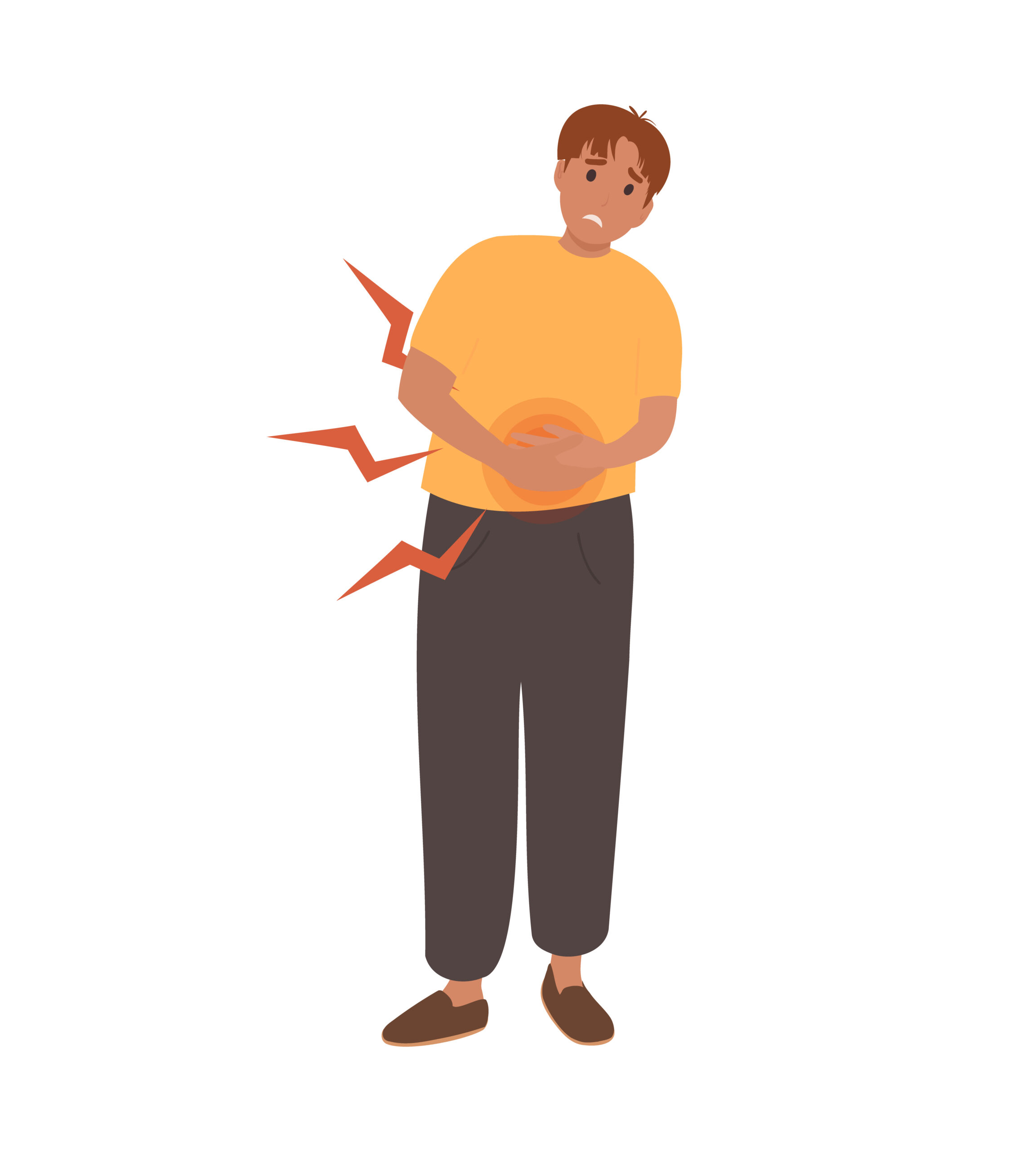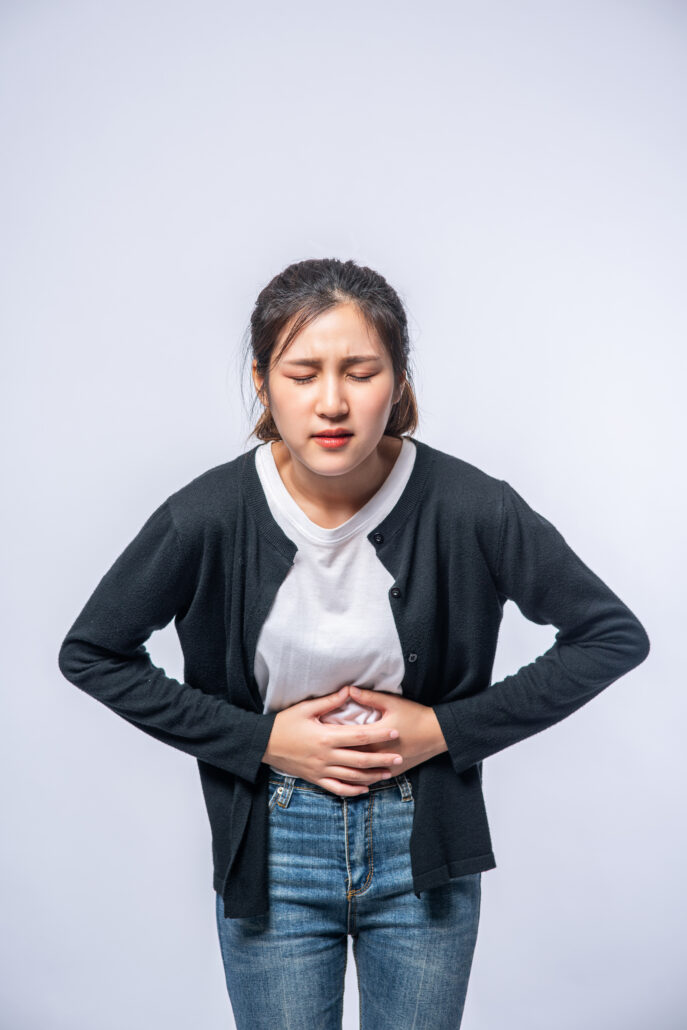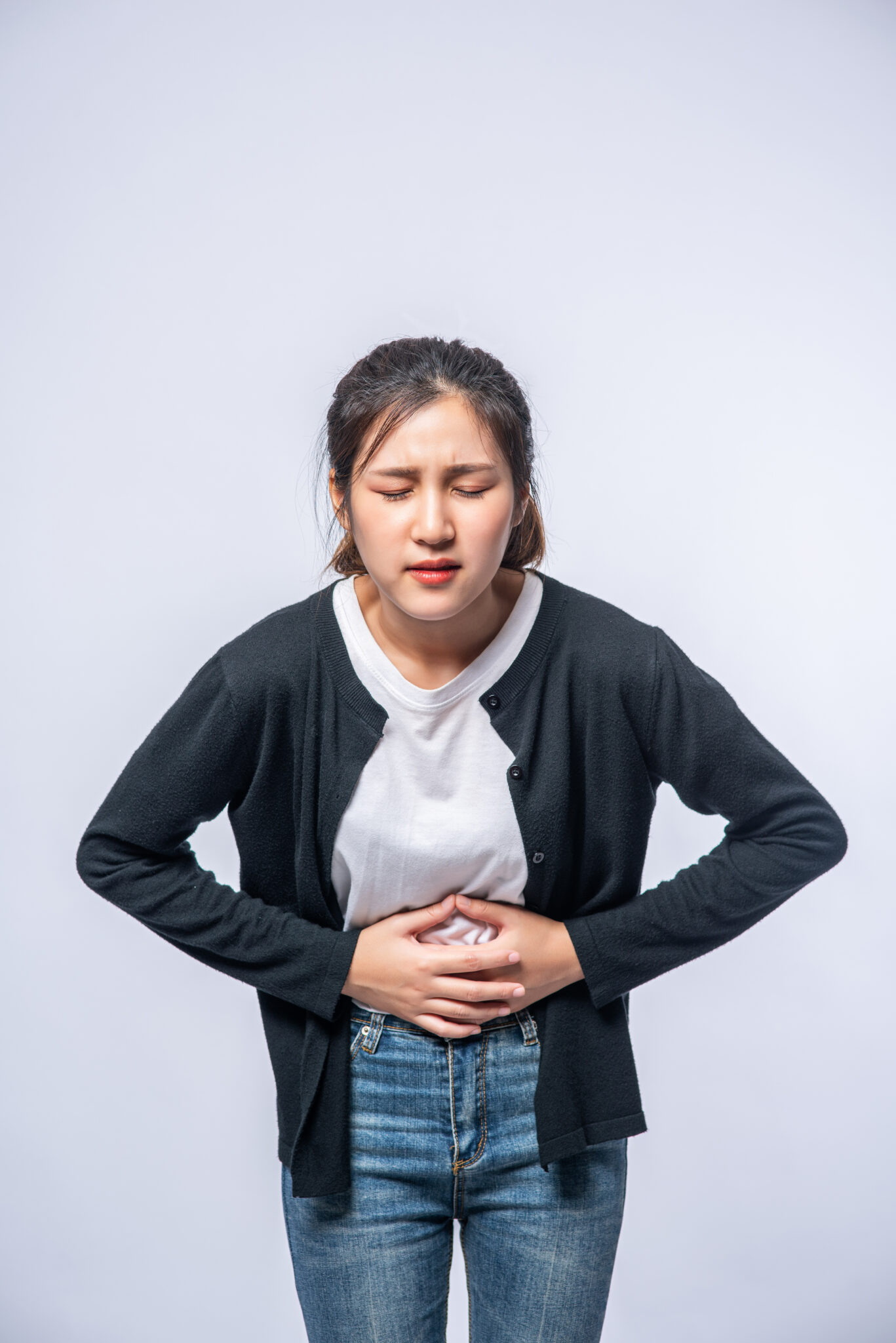Crohn's or Ulcerative Colitis Research Study
Researchers at the University of Michigan are conducting a study to examine whether morning light treatment and sleep monitoring can improve IBD symptoms by tracking participants’ sleep patterns and collecting data over time.

Fast Facts

Ages 18+

Diagnosed with Crohn's or ulcerative colitis

Compensation Provided

Conducted in Ann Arbor, MI
Study Background
Help us learn more about improving IBD symptoms.
Inflammatory Bowel Disease (IBD) is a chronic condition causing digestive tract inflammation, with symptoms like abdominal pain, diarrhea, and fatigue. Research suggests that sleep disturbances may worsen IBD symptoms. This University of Michigan pilot study aims to explore the link between sleep patterns and IBD, focusing on whether morning light therapy can reduce symptoms without using drugs.
Over five weeks, participants will wear a Fitbit to track sleep, attend weekly lab visits, and provide two stool samples. They may also undergo light therapy for one hour each morning. The study is non-invasive, with participants earning up to $620 for completion.
Join our compensated study today!

Study Background
Help us learn more about improving IBD symptoms.

Inflammatory Bowel Disease (IBD) is a chronic condition causing digestive tract inflammation, with symptoms like abdominal pain, diarrhea, and fatigue. Research suggests that sleep disturbances may worsen IBD symptoms. This University of Michigan pilot study aims to explore the link between sleep patterns and IBD, focusing on whether morning light therapy can reduce symptoms without using drugs.
Over five weeks, participants will wear a Fitbit to track sleep, attend weekly lab visits, and provide two stool samples. They may also undergo light therapy for one hour each morning. The study is non-invasive, with participants earning up to $620 for completion.
Join our compensated study today!

Additional Information
This study is being done to determine whether morning light treatment and sleep monitoring can improve symptoms of Inflammatory Bowel Disease (IBD). By tracking participants’ sleep patterns and collecting data, researchers aim to explore how changes in sleep timing and exposure to light may help alleviate IBD symptoms, offering a potential non-drug treatment option.
You may qualify for a study if you meet the following criteria.
Inclusion Criteria:
- Ages 18+
- Diagnosed with inflammatory bowel disease (Crohn’s disease or ulcerative colitis)
- Able to attend study visits onsite in Ann Arbor, MI
- Willing to share medical records that show biopsy-proven IBD
- Still have inflammatory bowel disease (IBD) symptoms
If you participate in this study, the following steps will take place over the course of five weeks:
- Wear a Fitbit: You will wear a Fitbit for five weeks to monitor your sleep and activity.
- Attend Weekly Lab Visits: You will come to the Rachel Upjohn Building for seven total visits, starting with a screening visit, followed by six weekly visits. These visits include interviews, and free parking is provided.
- Provide Stool Samples: You will collect two stool samples at home during the study.
- Light Treatment: For four weeks, you may be asked to use a light treatment for one hour each morning at home.
- No Invasive Procedures: There will be no drugs or blood draws involved in this study.
As a participant, you can receive up to $620 for your time and effort.
There is no cost for you to participate in our research study.
